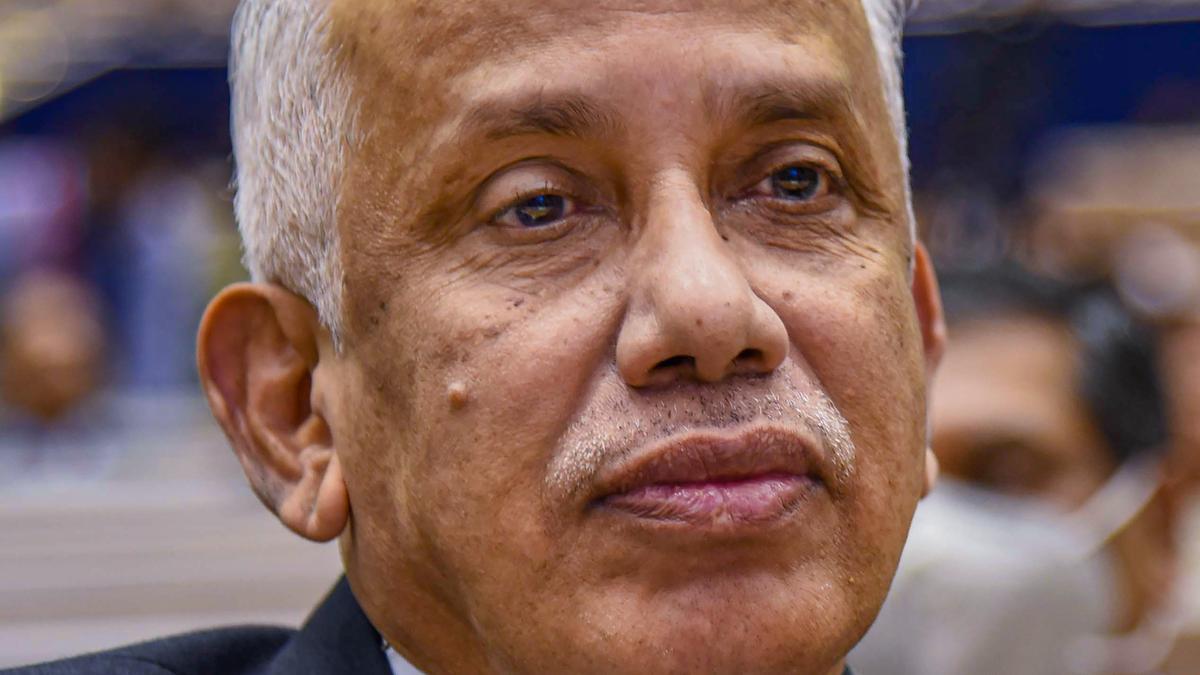Governor Abdul Nazeer
| Photo Credit: PTI
Governor S. Abdul Nazeer has promulgated the Budget Estimates (Vote-on-Account), 2024-25 Ordinance on Wednesday allowing the State government to withdraw nearly ₹1.30 lakh crore from the Consolidated Fund to meet the demands for the next four months, between August 1 and November 30, 2024.
The State government projected the Budget Estimates (Vote-on-Account) in this Ordinance, as nearly ₹1,29,973 crore.
Due to general elections 2024, the Vote-on-Account, 2024-25 was presented and approved in the State Legislature in February, 2024 to incur expenditure for the first four months of the financial year, 2024-25 (i.e., April 1, 2024 to July 31, 2024).
In fact, the approval of Legislature had to be obtained for full Budget for the year 2024-25 before July 31 for enabling the State Government to incur expenditure from the Consolidated Fund of the State from August 1 onwards.
But, the Ordinance maintained that as the new government had come to power recently and the Finance Dpartment in coordination with other departments was finalising the liabilities and resources in due coordination with revenue earning departments, the Budget presentation required some more time. Hence, in order to facilitate the departments to draw the money for incurring the expenditure, it was necessary to take approval for Vote-on-Account Budget for the further four months, it explained.
It is an imperative necessity to appropriate money from the Consolidated Fund of the State for meeting the expenditure of the State for the period beyond July 31 in accordance with the Article 266(3) of the Constitution of India.
The Ordinance maintained that, “Since the Legislature of the State is now not in session and the Governor of Andhra Pradesh is satisfied that circumstances exist which render it necessary for him to take immediate action, he promulgated the Ordinance”.
Apart from Welfare, the State government had shown budget allocations for capital expenditure for various departments including minor, medium and major irrigation, agriculture, civil supplies, Information Technology, women and child welfare, backward classes welfare, tribal welfare, social welfare, municipal administration and urban development, medical and health, skill development and training, school education, higher education, roads and buildings, home department, transport department and others.






